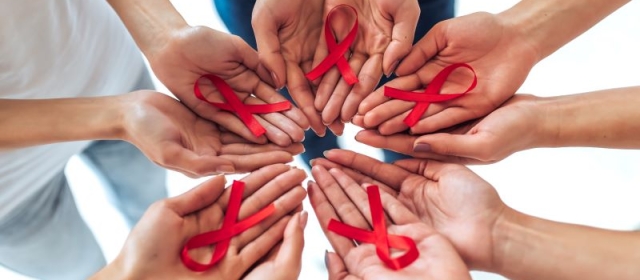
All News
Upcoming Events

Acquired immunodeficiency syndrome (AIDS) and human immunodeficiency virus (HIV) are often used interchangeably, but they represent distinct stages of the same disease progression. It is important to understand the differences between HIV and AIDS to better grasp the complexity of the infection, its transmission, and its impact on global health.

Introduction
Penile cancer, though rare, affects over 36,000 individuals globally each year, with increasing incidence in some countries including the United States, the United Kingdom, and Norway. Surgical approaches have evolved from radical amputation to organ-sparing surgery, aiming to preserve the penis.
Do you aspire to be part of a global meeting where top experts from around the world gather to discuss engaging and innovative topics and would you like to contribute to the Scientific Program Committee's efforts?
For each iteration of the World Meeting on Sexual Medicine, we assemble a dedicated Scientific Program Committee. Committee members are tasked with crafting an outstanding and inclusive scientific agenda for ISSM members and participants across the globe.
Joining the Scientific Program Committee offers you a unique opportunity to influence the World Meeting on Sexual Medicine 2024, ensuring it stands as a globally recognized, exceptional event.
We invite all ISSM members to actively engage and contribute to the ISSM Scientific Program Committee for the upcoming WMSM2024 in Rio de Janeiro, Brazil.

Epilepsy is a neurological disorder characterized by recurrent seizures that can impact various aspects of a person’s life. While the primary focus of treatment is often on seizure management and medication, it is also important to recognize that epilepsy can have a significant impact on an individual’s overall well-being, including their sexual health.
In this eye-opening episode with a Professor of Urology and Chairman of the Young Researchers of the ISSM, we delve into the often overlooked topic of male infertility. Join us as we explore what male infertility is, uncover the common causes, and discuss how it can impact couples on their journey to parenthood. From diagnostic processes to breaking the stigma, we provide essential insights for those navigating the challenges of conception. Tune in for a candid conversation on "Navigating Male Infertility".

The sexual cycle is a complex process that can be affected by many factors, at times resulting in sexual dysfunction. Some common risk factors for sexual dysfunction include health issues and substance abuse, which is the recurring desire to take drugs or other substances in a way that is harmful to a person.
Inflatable Penile Prosthesis procedures have both benefits and risks associated with them. Knowing the possible risks and benefits may help patients feel more prepared when considering if this procedure is right for them. In this video from the International Society for Sexual Medicine, experts in the field explain these risks and benefits.

If you have ever wished that your penis were a different size, you’re not alone. While there isn’t a single definitive percentage of men who are satisfied with their penis size, (since this can change over time and across different studies), multiple studies suggest that a substantial portion of men have concerns about their penis size and may not be entirely satisfied.

Many couples require medical help to have children, which is known as medically assisted reproduction, or MAR. MAR can affect couples’ sexual health and relationships. For example, they may feel pressure to have sex during fertile times, increasing the pressure to perform and reducing overall enjoyment.





